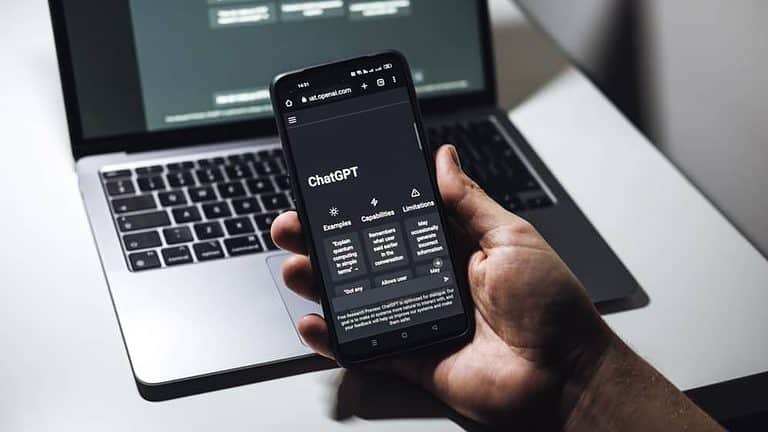ChatGPT’s release in November served as a glaring testament to the astonishing progress that AI models have made. With the ability to craft prose, write code, spearhead businesses, and much more, AI chatbots have undoubtedly advanced to executing human functions with remarkable precision.
However, there exists a nagging anxiety that the advent of AI chatbots will eventually eclipse human labor, leading to widespread job displacement. Yet, a recent study indicates that people are unperturbed by the thought of AI replacing their jobs and welcome it with open arms.
Microsoft’s Work Trend Index 2023 Report, which drew insights from the Microsoft 365 productivity signals analysis and labor trends from the LinkedIn Economic Graph, surveyed 31,000 people hailing from 31 countries.
Effects of AI on workforce
The report aimed to gain a better understanding of the effects of AI on the workforce. Of the respondents, 49% expressed trepidation over losing their jobs to AI, with some jobs at a higher risk than others. Nevertheless, an overwhelming 70% said they would gladly assign as many tasks as possible to AI to reduce their workload.
“It’s intriguing to see that people are more enthused about AI rescuing them from burnout than they are apprehensive about it taking away their jobs,” observed organizational psychology professor and author Adam Grant.
Survey participants were receptive to receiving AI assistance across various domains, including administrative tasks (76%), analytical tasks (79%), creative endeavors (73%), information retrieval (86%), meeting summaries and action items (80%), and even day planning (77%).
The report also gauged leaders’ sentiments toward AI regarding reducing headcount. Astonishingly, only 16% of respondents cited reducing headcount as the most significant benefit of AI, while nearly double (31%) highlighted enhancing employee productivity.
